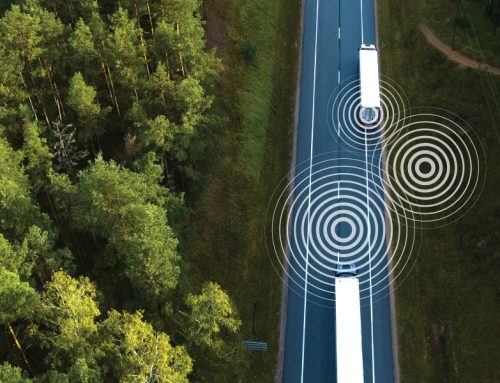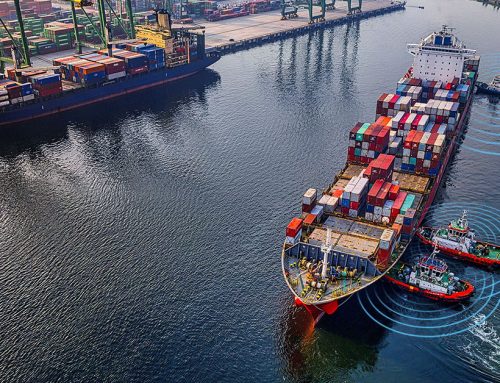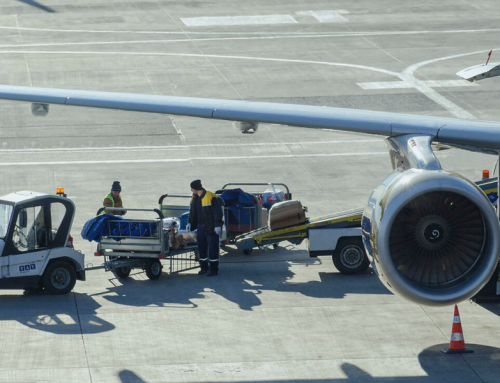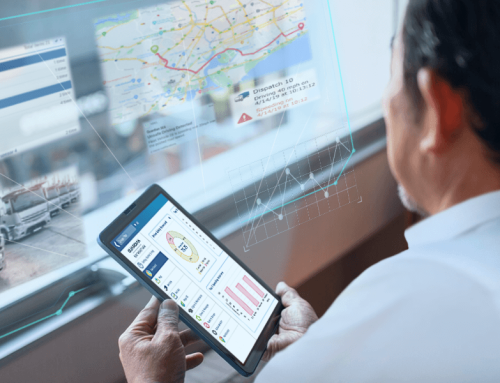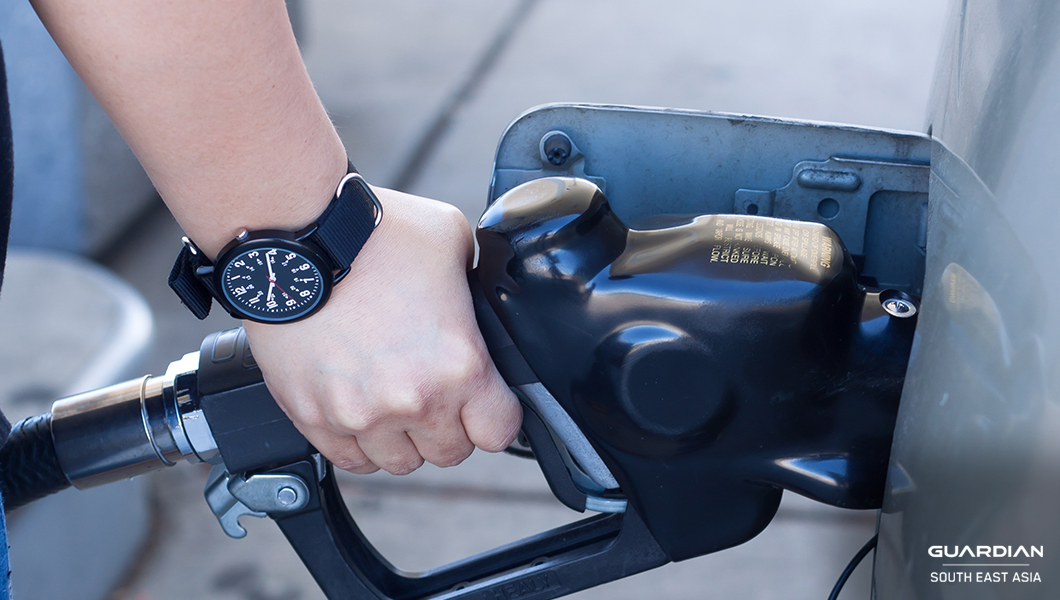
Fuel is a key component for businesses managing the transportation of goods. With regards to operating costs, it accounts for a large percentage, representing on average, 60% of a company’s total fleet operating budget. As fuel costs continue to increase, there lies the imminent need for fleet managers to be able to manage this expense and remain cost efficient. Without fleet management systems, companies may try to reduce the frequency of their services or readjust service areas to minimise fuel consumption.
Moreover, with the rise of global warming and climate change, incorporating sustainability into business operations has become an added responsibility. Greater pressure is placed upon fleet managers to ensure the efficient use of fuel in commercial vehicles. As such, these are some ways to maximise fuel use without compromising on the quality or frequency of services provided.
Fuel Monitoring Systems
The average long-haul truck can idle anywhere from 6 to 8 hours a day. This means the engine is burning fuel without benefit half of the time it runs! In addition, inconsistencies in a driver’s speed can cause the vehicle to consume 20% more fuel. Such behaviours lead to gallons of fuel being wasted annually. In this case, tracking your fuel consumption with vehicle GPS tracking can be incredibly useful to reduce idling and prevent fuel wasting habits. With greater insight into your vehicle’s fuel usage through telematic tools including fuel reports and idle alerts, fleet managers can gain a deeper understanding of their fuel consumption trends. This helps to identify potential problem areas and effectively mitigate them.
Improve Routing
It is easy to overlook drivers’ driving routes and only focus on the outcome of whether goods are delivered on time. Although the end destination is important, the journey also plays a central role to fleet operations. Some routes are more efficient than others. An inefficient travelling path means extra miles and harder work for a vehicle to keep running. This may result in the consumption of more fuel.
To combat this, fleet managers can track their vehicle’s location in real time using vehicle GPS tracking and detect if a driver is consuming too much fuel by taking poorly-planned routes. They can then plan a more efficient route to save fuel and shorten drive time. With vehicle GPS tracking, fleet managers also get an overview of all their vehicles on the road. This allows them to reduce distances travelled by matching a delivery destination to the nearest vehicle. Not only does this help lower fuel consumption, it also decreases time spent getting goods from one place to another.
For example, George’s Inc., a premier farm-to-table supplier of fresh and frozen chicken products, reduced fuel consumption by improving their routing during delivery. Through the use of a routing and scheduling software, the company saved $31,000 a year on fuel costs, which resulted from a 5% reduction in road miles.
Driver Monitoring Systems
Some driving habits have a major impact on vehicle fuel efficiency. These include acceleration, braking, coasting, and cruising. Typically, such driving behaviours are not influenced by incompetencies in driving skills but rather driver distractions. Distractions can cause drivers to brake, change lanes and deviate from speed limits unnecessarily, which all contribute to unwarranted fuel waste. Fleet managers can gain insight into inefficient driving habits, motivate good behaviour and facilitate effective feedback through driver monitoring systems. In more advanced systems, telematics can also alert the driver to reduce their speed should unsafe driving behaviour be detected. When drivers are aware of being monitored, they are encouraged to drive safely, which lowers the potentiality of accidents.
Maintenance
A fuel tracking system will flag drastic drops in fuel levels. These are signs of a fuel leak or other mechanical issues that demand immediate attention. By obtaining this knowledge early on, fleet managers can make repairs before they turn into bigger problems, saving thousands of dollars and preventing downtime. Furthermore, some fleet management systems offer maintenance monitoring, helping fleet managers stay on top of maintenance schedules. Maintenance monitoring encompasses key areas of a vehicle’s performance including engine, transmission, exterior and interior of vehicle etc. Assessing these different vehicle parts, especially the brakes and tyre pressure, optimises fuel, improves safety, prevents excessive wear, prolongs the lifespan of vehicle fleets and incurs greater cost savings.
Ultimately, managing fuel consumption efficiently is essential for businesses to empower seamless operations and greater cost effectiveness. Implementing fleet management systems with telematics including vehicle GPS tracking and fuel monitoring is one of the best ways to do so without drastically disrupting workflow.
At Guardian SEA, we are advocates for the safety, compliance and efficiency of your business. With a range of fleet management systems, contact us to better manage your fuel consumption today.


